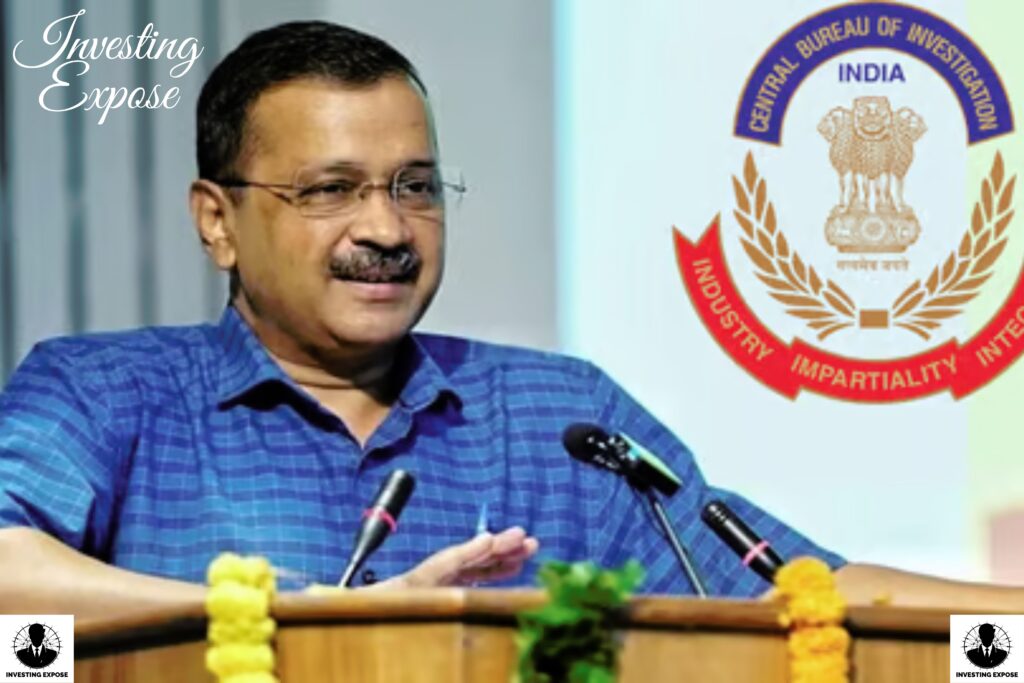
the CBI Delhi High Court has a reservation on the bail application filed for Delhi Chief Minister Arvind Kejriwal for the CBI case of the Delhi liquor policy. The issues formulated by Abhishek Singhvi, who is the counsel of Kejriwal were elaborated as well as complex issues. Here is a comprehensive account of Singhvi’s arguments:Here is a comprehensive account of Singhvi’s arguments:
Background of the Case
The case primarily focuses on Delhi government’s new liquor policy that CBI refers to as being a part of a larger ruse of corruption and avails undue benefits to some of the alcohol traders. Kejriwal is the Chief Minister of Delhi and his name appears in this case that is why bail proceedings are needed.
Key Arguments by Abhishek Singhvi
1. Lack of Criminal Intent
In this regard, regarding the Delhi liquor policy that has been in the centre of investigation, Abhishek Singhvi maintained the view that it was a reasonable administrative action and the steering of the process, providing the necessity for the optimal control of revenues and the regulation of the alcohol trade within the territory of Delhi. Singhvi categorically pointed out that it was not the policy’s purpose to engage in unlawful or malicious actions but to ensure there was a positive change towards liquor distribution systems which were deemed labelled as ‘corrupt’. As pointed out by Singhvi, the aims and measures under the policy fit the characteristics that are followed in administration processes, and thus doing, they are not criminal activities.
2. Absence of Direct Evidence
Singhvi said that the case fabricated by the CBI did not produced any direct evidence of corruption or unlawful activities against Kejriwal. He said that most evidence given was more or less circumstantial and therefore it could not place Kejriwal at the scene of the alleged wrong-doing. Singhvi further emphasized that as the CBI proceedings, the agency has accused Kejriwal of things for which concrete evidence would be hard to come by, hence it is unfair that charges like these are being faced by him.
3. Political Motivations
In his appeal, Singhvi spent a substantial amount of time focusing on whether the prosecution of Kejriwal was politically motivated. Lincoln Singhvi argued that the timing and the mode of the probe were most political, not legal in nature. He also pointed out that the case is made to be utilized in order to apprehend Kejriwal as he is very politically affiliated and the party he has formed. Singhvi reiterates that such cases originate from political vendetta do not come with the neutrality and impartiality necessary for a true legal battle.
4. Legal Precedents and Comparisons
Singhvi also brought legal analogies to bear, arguing that the tone and the conduct of the charges was excessive in an investigation. He gave past precedents where similar charges had been held by the courts to be inadequate to justify drastic legal action; he implied that the CBI had overstepped the correct limits in this case. That is why Singhvi’s intention was to make an emphasis that the case of Kejriwal should not be treated differently in the legal terms and different methods should be applied depending on his political or social status.
5. Cooperation with the Investigation
The last argument by Singhvi was that Kejriwal had been very forthcoming with information and assistance needed for investigation. He emphasized that Kejriwal had produced all the documents and information that the CBI desired and had not resisted or defied the agency’s summons in any way. Singhvi countered saying this proved that Kejriwal was keen on legal aspects and was not acting as an obstruction in the investigation. This cooperation, as seen by Singhvi stated that this should be taken as a sign of probation in the bail matter.
Conclusion
Singhvi especially focused on discrediting the CBI’s evidence, its reasons as to why the charges are being brought, and the strict compliance with the legal process of Kejriwal. The arguments were laid down to inspire the court’s belief that the allegations made against it and the Asian nations were groundless and politically motivated rather than founded on legal analysis.
The decision regarding the bail application will be crucial in deciding the near future action against Kejriwal and the investigation of Delhi liquor policy in near future.
Discover a wealth of investment insights and financial strategies at InvestingExpose.com. Our blog offers expert analyses, timely market updates, and actionable advice to help you make informed investment decisions. Whether you’re a seasoned investor or just starting out, Investing Expose provides comprehensive coverage of stocks, bonds, real estate, and cryptocurrencies. Join our community of finance enthusiasts and stay ahead of the curve by following us today. Visit InvestingExpose.com and subscribe for the latest updates llike a CBI !
